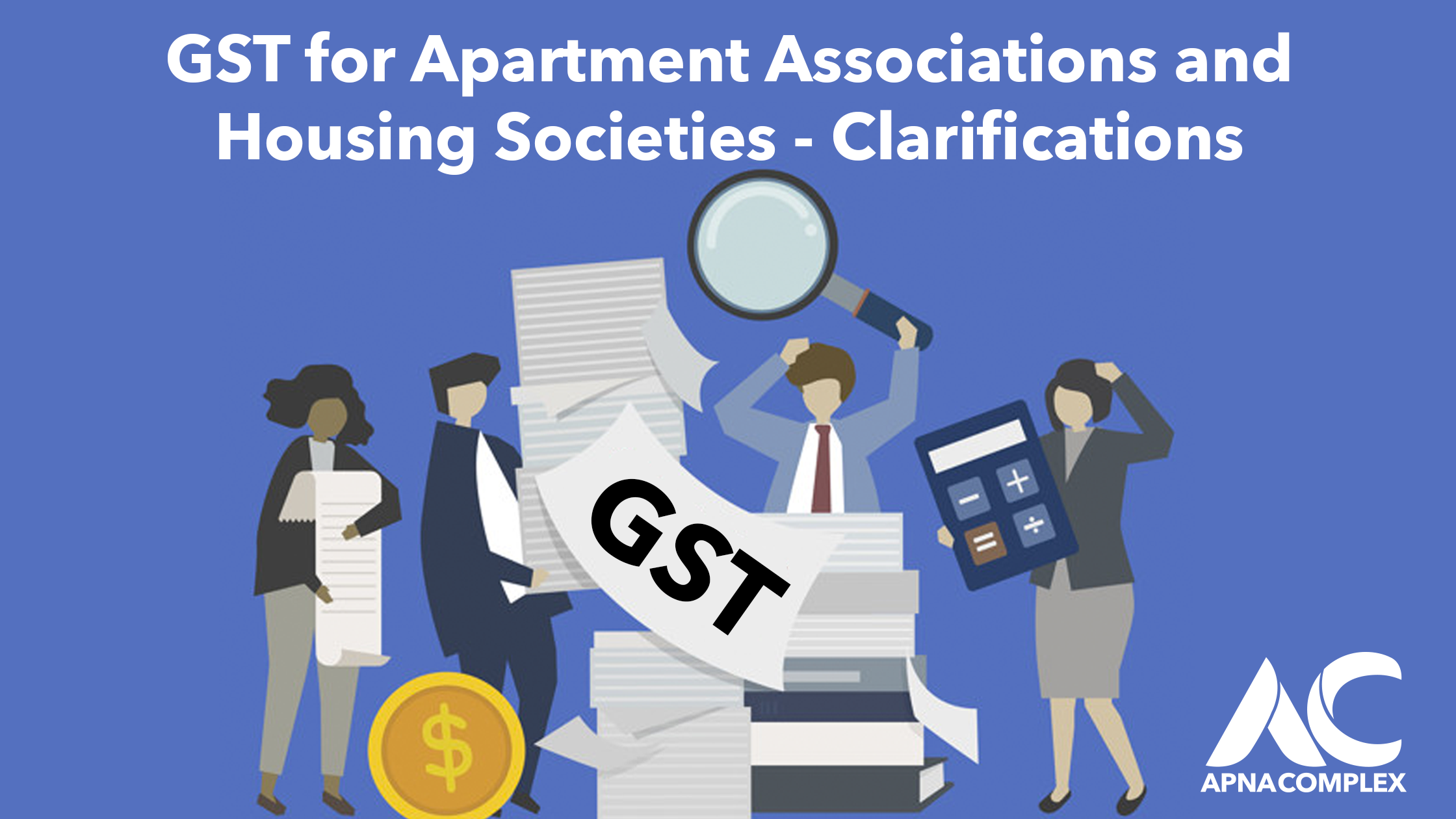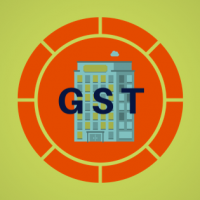28
Jul, 2019
GST for Apartment Associations and Housing Societies – Clarifications
Apartment, Apartment Accounting Software, Apartment Association Acts, Apartment Management, Apartment Management Software, Apartment Owners Association, Bangalore, Chennai, Financial, GST, Housing Society Software, Hyderabad, Legal, Maintenance Charges, Pune, Society Accounting Software, Society Billing Software
30
Nov, 2016
6 Reasons Why A Cashless Society Is Here To Stay
Android, Apartment Accounting Software, Apartment Management Software, ApnaComplex for Android, Cashless society, Financial, Gadgets, Maintenance Charges, Maintenance Tips, Mobile, Payment Gateway, Personal Finance, Smart Living Tips, Software apartment maintenance, apartment treasurers, black money, cashless society, money management
9
Sep, 2012



